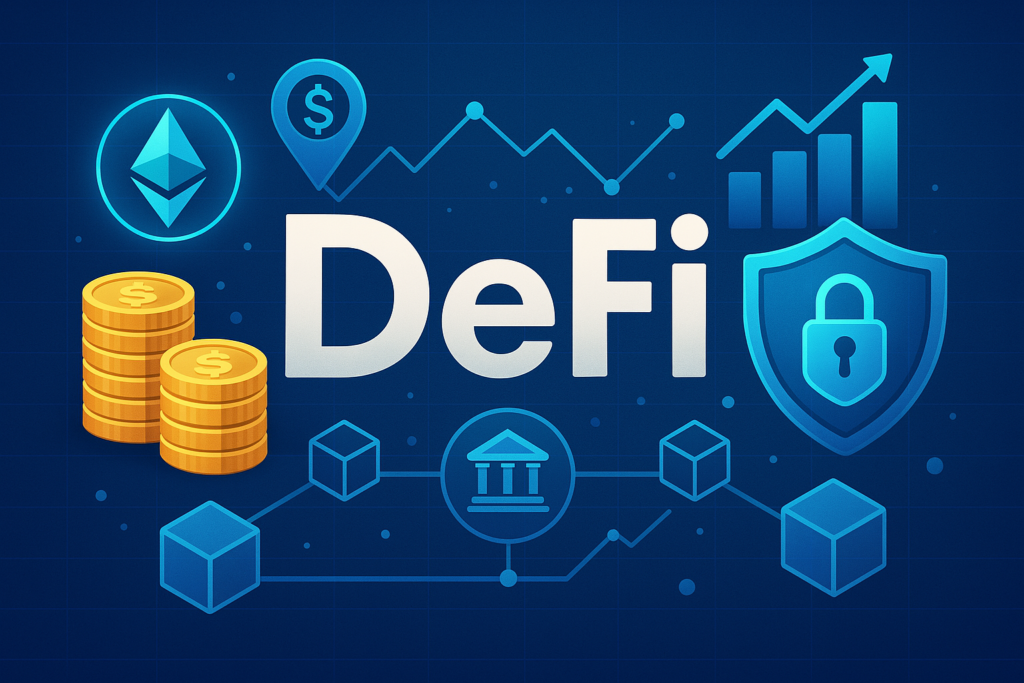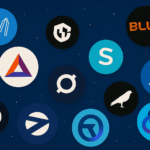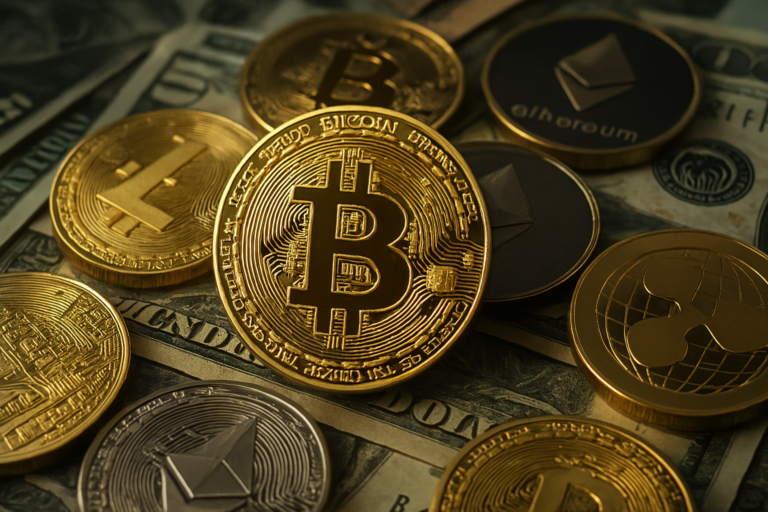
DeFi, short for Decentralized Finance, is a fast-growing sector within the crypto world that aims to recreate and improve traditional financial systems—like lending, borrowing, trading, and earning interest—without relying on banks or intermediaries. Instead, DeFi uses smart contracts on blockchains like Ethereum to run financial applications in a transparent, open, and permissionless way.
Unlike traditional finance, where banks and brokers act as middlemen, DeFi platforms let users interact directly with financial services. You can earn yield by staking tokens, take out loans, swap assets, or provide liquidity to decentralized exchanges (DEXs)—all with just a crypto wallet and an internet connection. No credit checks, no paperwork, no waiting.
At the heart of DeFi are smart contracts—self-executing code that lives on the blockchain. These contracts automatically enforce rules and handle transactions. This means once you deposit crypto into a lending protocol like Aave or Compound, the smart contract governs how interest is paid and loans are repaid.
DeFi is also open-source and composable, meaning developers can build new tools on top of existing ones—creating a growing, modular financial ecosystem sometimes referred to as “money Legos.”
However, DeFi isn’t without risks. Bugs in smart contracts, hacks, and volatile markets can lead to major losses. Still, for many, the benefits—like financial freedom, transparency, and global access—make DeFi an exciting alternative to the status quo.
Whether you’re in it to earn, trade, or explore, DeFi is reshaping what finance can look like when control shifts from institutions to individuals.




